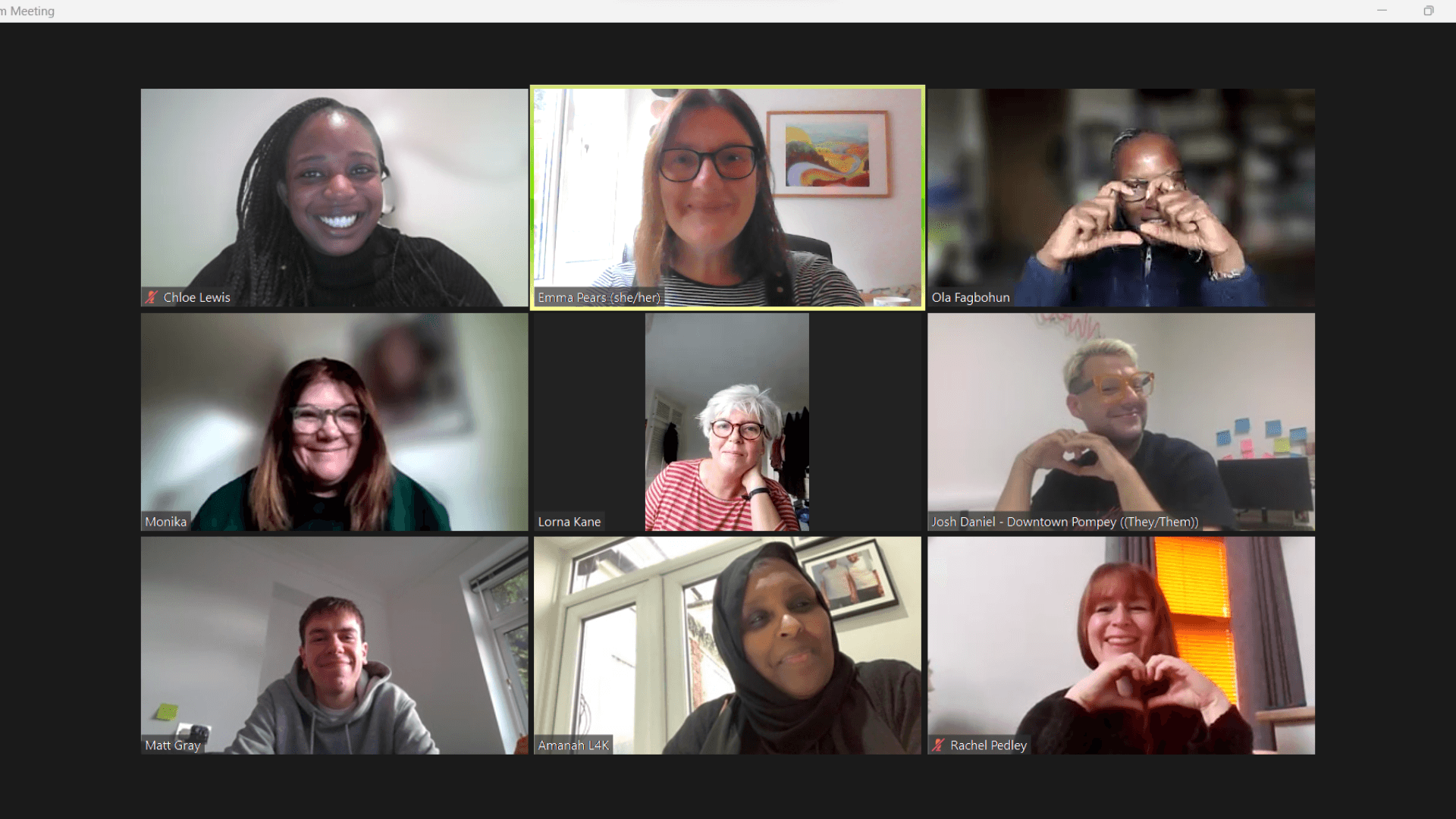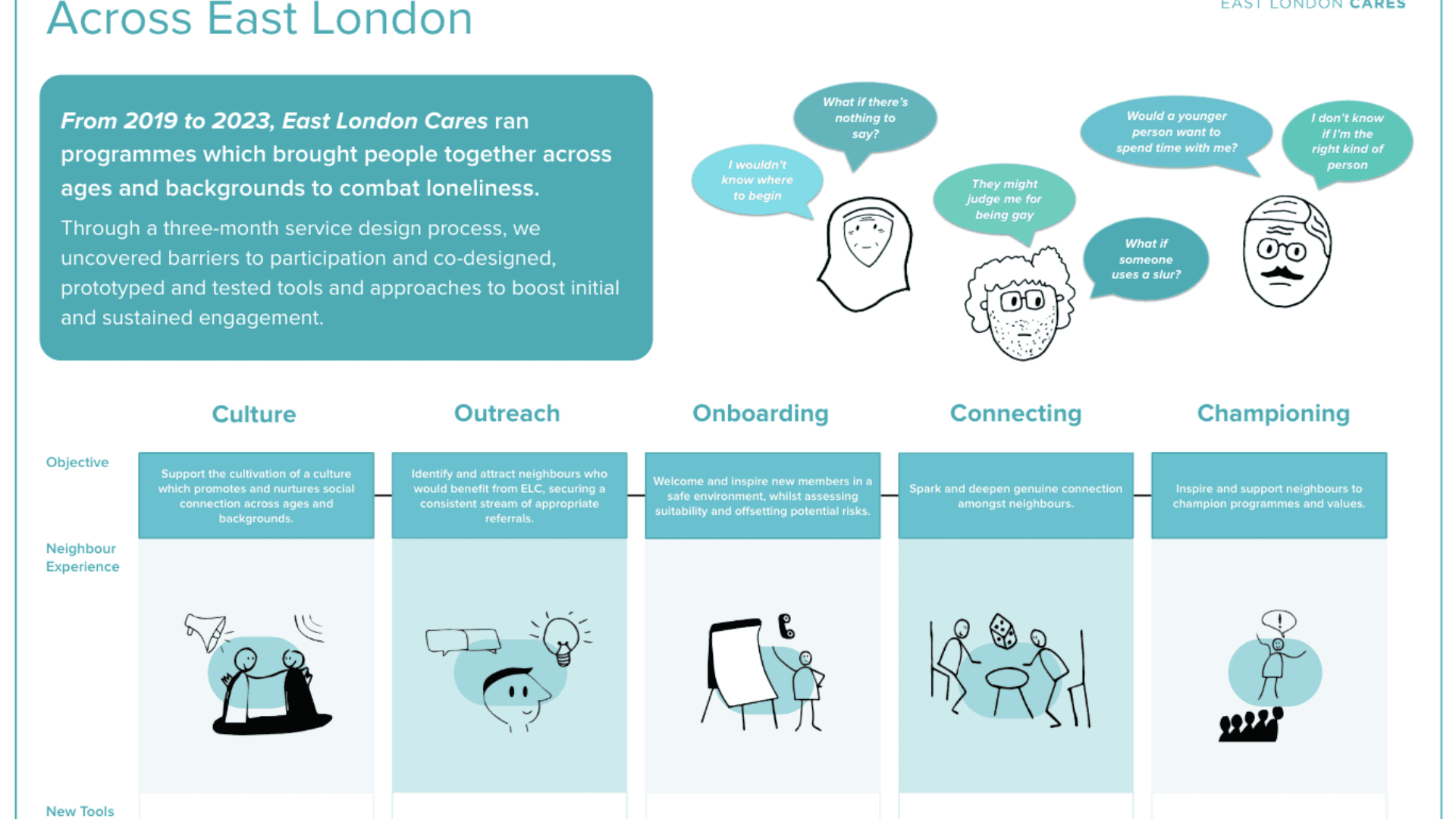
My experiences breaking the cycle of loneliness
Posted by The Cares Family on 22nd April 2025
Please note: this post is 0 months old and The Cares Family is no longer operational. This post is shared for information only
By Jamie Hibbert
During my teenage and early adult years, I often felt lonely. I came to understand that loneliness doesn’t always mean being physically alone—it can be feeling disconnected, even in a room full of people. That disconnection can lead to self-isolation, creating a cycle that’s difficult to break. Back then, mental health awareness wasn’t as prominent, so I coped by simply “cracking on”—a terrible strategy, FYI.
Over time, through self-reflection, research, and the support of family, friends, and colleagues, I began to develop greater emotional intelligence and self-awareness.
When I discovered that 50% of adults say they “sometimes, often, or always” feel lonely, I realised I wasn’t alone. The impact is staggering: loneliness costs UK employers between £2.2 billion and £3.7 billion per year, and for individuals, the health impact is as damaging as smoking 15 cigarettes a day. Recognising this, I began to treat social connection with the same intentionality as I do my physical health.

The power of human connection
Volunteering with Manchester Cares through the Love Your Neighbour programme was both enriching and, at times, challenging. I was matched with David, a gentleman facing isolation, and I witnessed how simple, consistent acts of connection could make a real difference. With the support of the brilliant team, our friendship began to take shape, helped along by the structure and support of the programme.
Within a few months, David and I had formed a genuine connection. Consistency turned out to be key—we built trust over time. We bonded over shared interests like politics and mental health, and had many engaging conversations.
There were tough moments, too. It was heartbreaking to know that David didn’t have many other visitors. I focused on making the most of the time we spent together each week. Later, when he faced health issues and moved between hospitals and care homes, our visits came with new emotional and logistical challenges.
On reflection, I learned that when you care deeply for someone, it’s easy to blur the lines between what’s best for them and what’s best for you. Having the Manchester Cares team to talk to during these moments was invaluable. The experience helped me grow emotionally, strengthening my appreciation for human connection—not just for others, but for my own wellbeing too.
Reflections and forward momentum
Sadly, Manchester Cares and The Cares Family shut down in 2023, but the issue of social isolation remains—and in some ways, it’s been normalised. My experience with Manchester Cares deepened my understanding of how small acts of connection can have lasting ripple effects. You can read more about Manchester Cares’ impact before they closed here, and I also recommend this powerful piece by founder Alex Smith, which explores the causes of and solutions to loneliness.
As technology continues to reshape our lives, connection is more accessible than ever. But meaningful connection still requires effort. I believe we have a unique opportunity to place self-awareness, community, and human connection at the heart of our future. If we prioritise slowing down, listening, and truly connecting, maybe we’ll start to see a decline in mental health challenges—and a rise in collective wellbeing.
Loneliness isn’t always visible. Small acts of connection matter more than we realise. Here are some of the simple steps to combat loneliness that I've learned to practice:
- Join a volunteer programme or community group. It’s a powerful way to meet people with shared values.
- Practice mindfulness and emotional self-awareness. Notice your emotions without judgment.
- Schedule face-to-face time. Even short moments of connection can make a difference.
- Use digital tools intentionally. When meeting in-person isn’t possible, virtual chats can still be meaningful.
A longer-term vision: creating a culture of connection
Let’s go beyond individual actions—what if we built communities and workplaces where connection was designed into the culture? Could you organise events, start a group, or create opportunities for people to feel seen and heard?
As AI, virtual reality, and online communities expand, we have more tools than ever to think creatively about fostering belonging. As my 97-year-old gran says, “The world is your oyster.”
For those curious about the science behind it all, I recommend the work of Julianne Holt-Lunstad, a leading researcher whose studies have shed light on the health impacts of loneliness and the vital role of social connection.


